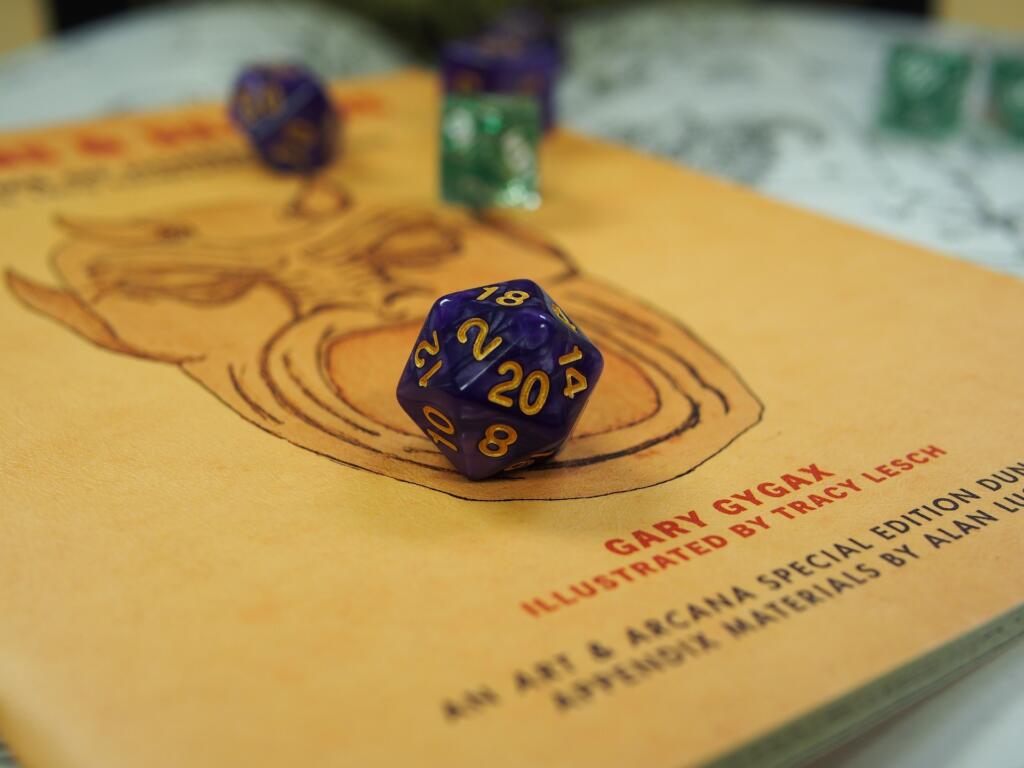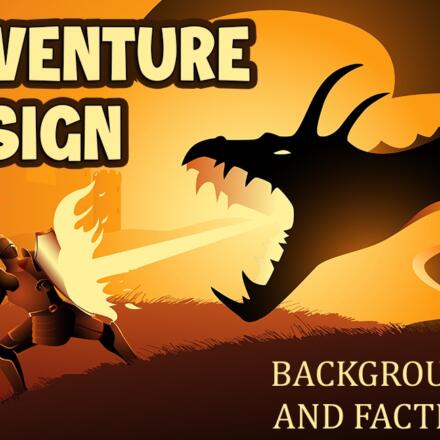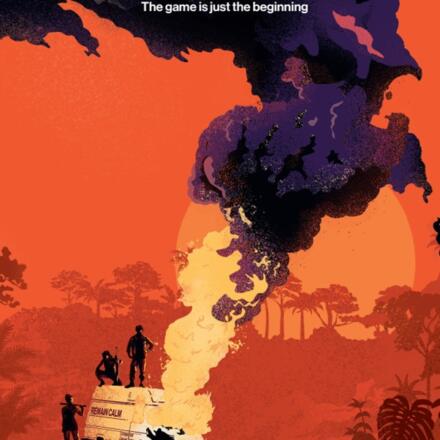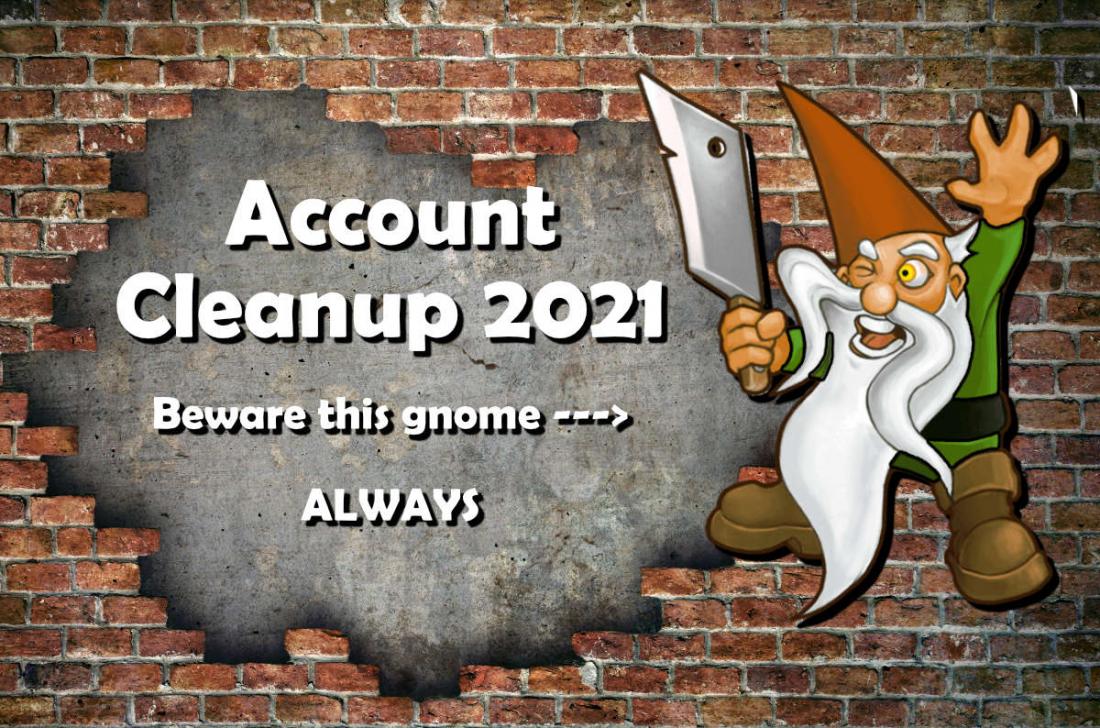Since their humble beginnings in the 1970s, tabletop RPGs have grown from niche hobbies to mainstream hits. Despite their popularity, they still battle a stigma of being for socially awkward nerds—a notion any seasoned GM or player will happily debunk. These games are far more than fantasy escapism. In fact, studies show that RPGs can significantly boost social skills, emotional intelligence, and empathy.
Emotional Growth Through Role-Playing
From an outside perspective, RPGs might seem like a way to lose yourself in a fantasy world of monster-slaying and loot-grabbing. But anyone who’s played knows there’s so much more. These games shine through collaborative storytelling and social interactions, offering a unique platform for personal growth.
When you’re engaged in role-play, you experience a range of emotions, from success to failure, joy to heartbreak. Experiencing this range of emotions helps to build empathy and improve your social awareness.
A study from the Johns Hopkins therapy group backs up these claims. They found that role-playing leads to increased empathy, better social interactions, and reduced social anxiety. Dr. William Nation, the group’s leader, explains that the game provides a “psychological distance” allowing players to explore real-life problems in a safe environment. One participant shared that testing waters in-game helped them see how actions and dialogues might play out in real life, making it a fun and effective form of group therapy.
Additionally, in this video on Building Emotional Literacy Through Dungeons & Dragons, the speakers discuss the concept of the “magic circle” which describes the buffer between the game and the real world. This provides a safe space where players can explore different aspects of their personality and emotions without real-world repercussions. It creates a psychological safe zone, allowing for experimentation, risk-taking, and emotional growth.
You also learn practical communication skills that can be used in the real world. Ever tried to convince a stubborn NPC to give you a discount while your party’s rogue is trying to pickpocket him? It’s like negotiating with your toddler while your dog steals dinner off the table—pure chaos, but you learn a lot about patience and quick thinking. By working through in-game scenarios, players gain real-world confidence and ability in conflict resolution.
In essence, D&D is a powerful tool for emotional and social growth. By immersing yourself in another character’s world, you expand your emotional toolkit and become more adept at navigating human relationships. The collaborative nature of RPGs fosters empathy, self-awareness, and social competence, proving that these games are far more than just entertainment—they’re a means of personal development.
Tabletop RPGs in Therapeutic & Educational Settings
Disclaimer: While tabletop RPGs offer many benefits, a normal gaming session should not be viewed as therapy, nor is it a substitute for professional help.
While RPGs offer benefits from regular play, they’ve shown to be useful in clinical and educational settings too. A comprehensive study by Boston University explores the use of D&D in educational and therapeutic contexts. This study emphasized how D&D enhances problem-solving, critical thinking, and social skills.
For instance, the pilot program involving middle-school students focused on promoting social-emotional learning (SEL) competencies like self-management and relationship skills, showing significant improvements in these areas. According to the study, “students demonstrated notable progress in self-awareness and cooperation, essential for both academic and personal success.”
Another study from foundty10 examined the impact of RPGs on socialization and emotional stability. The findings suggest that RPGs significantly reduce social anxiety and enhance communication skills, offering a safe space for individuals to practice social interactions without real-world repercussions. The study reported that “participants who regularly engaged in RPG sessions exhibited lower levels of social anxiety and improved social functioning.”
An article from Dicebreaker highlights the use of RPGs by support workers to manage trauma, addiction, and loss. Support workers found that RPGs provided a safe space for vulnerable individuals to explore emotions and build confidence. One participant recovering from addiction noted that playing a brave character helped them become more confident in real life. According to the article, “RPGs offer a unique therapeutic approach, allowing participants to safely explore and confront their fears and anxieties within the structured framework of the game.”
In educational settings, RPGs have been used to assist in teaching a range of topics. According to a study by Alexandra Carter, D&D was used to teach subjects like mathematics, history, and language arts by embedding educational content into the game’s narrative, resulting in improved engagement and learning outcomes among students. The study found that “students were more motivated to participate and showed higher retention rates when educational material was presented through the engaging medium of an RPG.”
Conclusion
Tabletop RPGs offer far more than just entertainment; they are powerful tools for personal development, fostering empathy, social skills, and emotional intelligence. The studies and examples highlighted in this article show how RPGs can help players navigate real-life challenges, build confidence, and improve social interactions. Whether used in therapeutic settings or as part of educational programs, RPGs provide a unique and engaging way to develop essential life skills.
It’s amazing how a simple game can impact personal and emotional development. RPGs remind us that play is not just a pastime but a vital tool for growth and self-discovery. For those who regularly play, I’d love to hear how it has impacted your life. Share your stories in the comments below, and let’s celebrate how this game brings people together and helps us grow.


















Jesus Christ, is gnomestew using AI to write now?